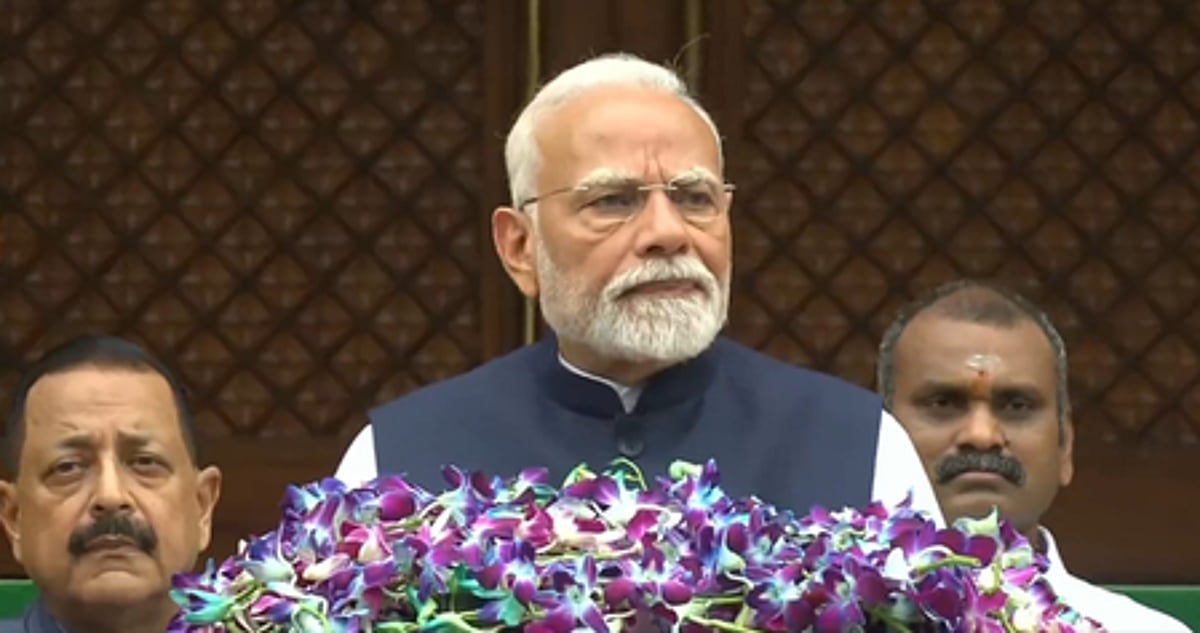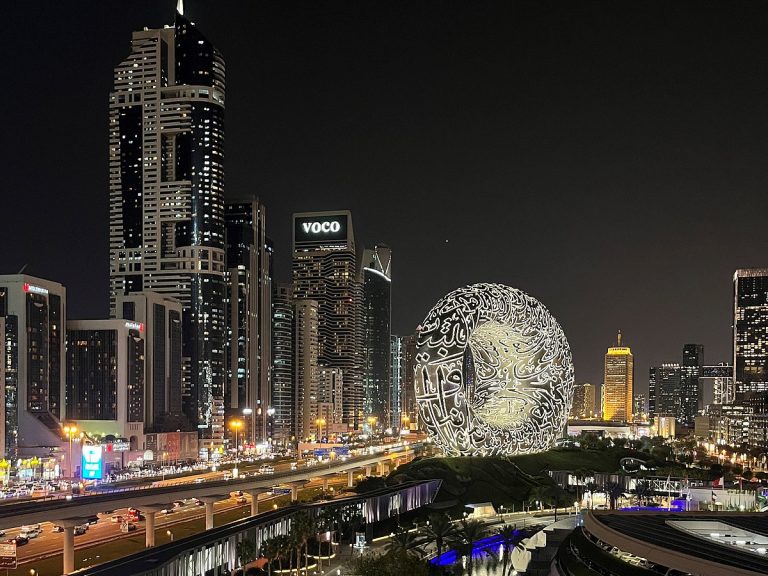Modi Calls for Compassion on World Mental Health Day
On World Mental Health Day, observed annually on October 10, Prime Minister Narendra Modi emphasized the importance of mental well-being in our lives. This year’s theme focuses on enhancing access to mental health services, particularly during crises and emergencies. Modi’s message highlights the need for compassion and open conversations about mental health.
The Importance of Mental Health Awareness
In his statement, Modi noted that mental health is a crucial aspect of overall well-being. He urged individuals to take a moment to reflect on their mental health and to extend kindness to others. “In a fast-paced world, this day underscores the importance of reflecting and extending compassion to others,” he tweeted. His remarks serve as a reminder that mental health should be a priority, especially in challenging times.
Global Efforts and Initiatives
World Mental Health Day aims to raise awareness and mobilize efforts to improve mental health care worldwide. According to the World Health Organization, this day provides a platform for stakeholders to discuss their initiatives and identify areas for improvement in mental health services. The focus on access to services during emergencies is particularly relevant as communities continue to recover from the impacts of the COVID-19 pandemic.
Personal Stories and Public Figures
The conversation around mental health is gaining traction, with various public figures sharing their experiences. Celebrities like Aamir Khan and Mahira Khan have opened up about their mental health journeys, helping to destigmatize therapy and encourage others to seek help. Their stories resonate with many, highlighting the importance of addressing mental health openly.
FAQs
Why is World Mental Health Day important?
World Mental Health Day raises awareness about mental health issues and promotes efforts to improve mental health care globally, encouraging open dialogue and compassion.
What is the theme for this year’s World Mental Health Day?
The theme for this year is “access to services – mental health in catastrophes and emergencies,” emphasizing the need for mental health support during crises.
How can individuals contribute to mental health awareness?
Individuals can contribute by engaging in conversations about mental health, supporting those in need, and advocating for better mental health services in their communities.
Conclusion
Prime Minister Modi’s call for compassion and dialogue on World Mental Health Day serves as a vital reminder of the importance of mental well-being. As awareness grows, it is essential for individuals and communities to work together to ensure that mental health services are accessible to all, especially in times of crisis. Moving forward, fostering open conversations and supporting mental health initiatives will be crucial in creating a healthier society.
Mental health has increasingly become a focal point in public health discussions, reflecting a growing recognition of its significance alongside physical health. The COVID-19 pandemic has exacerbated mental health challenges, highlighting the urgent need for accessible services and support systems. Many countries have begun to implement policies aimed at improving mental health care, recognizing that mental well-being is essential for overall societal health and productivity.
In India, the government has taken steps to address mental health issues through various initiatives, including the National Mental Health Programme, which aims to provide comprehensive mental health services. However, challenges remain, particularly in rural areas where access to mental health professionals and resources is limited. Efforts to integrate mental health services into primary health care are ongoing, with the goal of making support more widely available and reducing stigma associated with seeking help.
The role of technology in mental health care is also gaining attention, with telehealth services becoming more prevalent. These services can help bridge the gap for individuals who may not have access to traditional in-person therapy, particularly in remote regions. As awareness continues to grow, it is crucial for governments, organizations, and individuals to collaborate in creating an environment where mental health is prioritized, and support is readily accessible to all.
Also Read:
Tony Blair’s New Role in Gaza: Opportunities and Challenges







